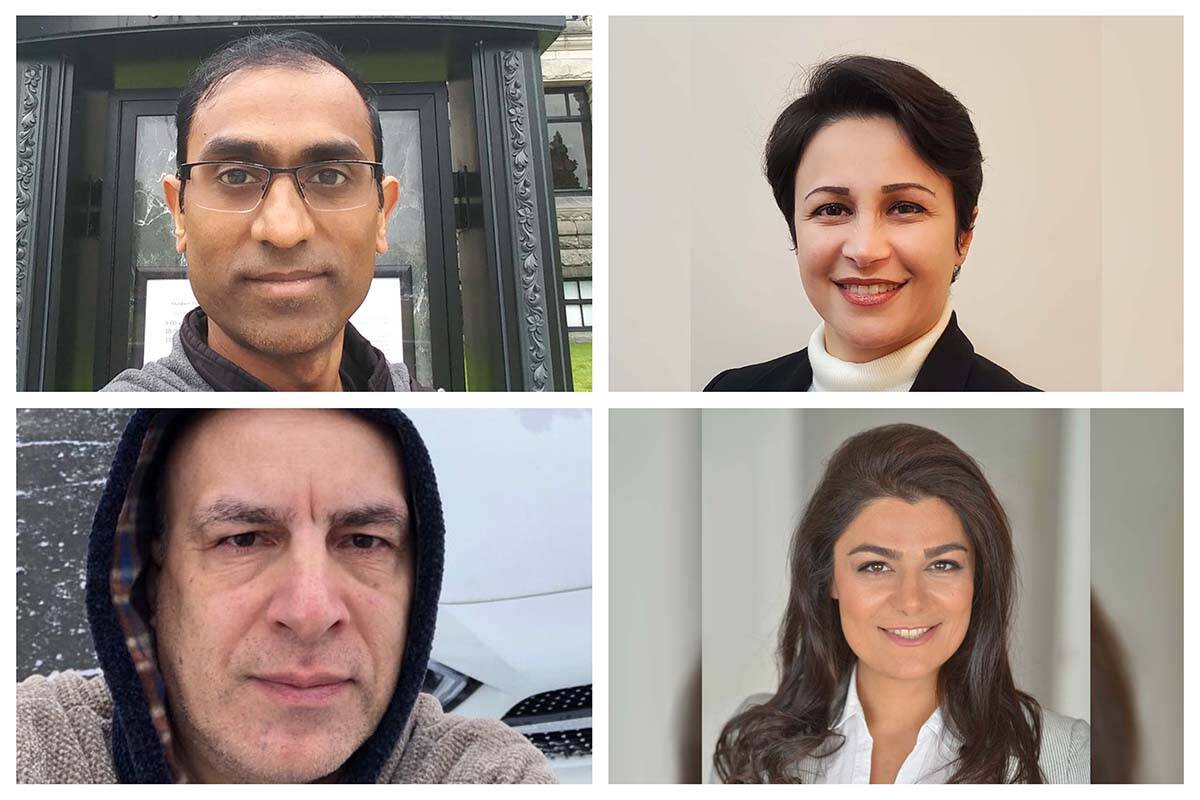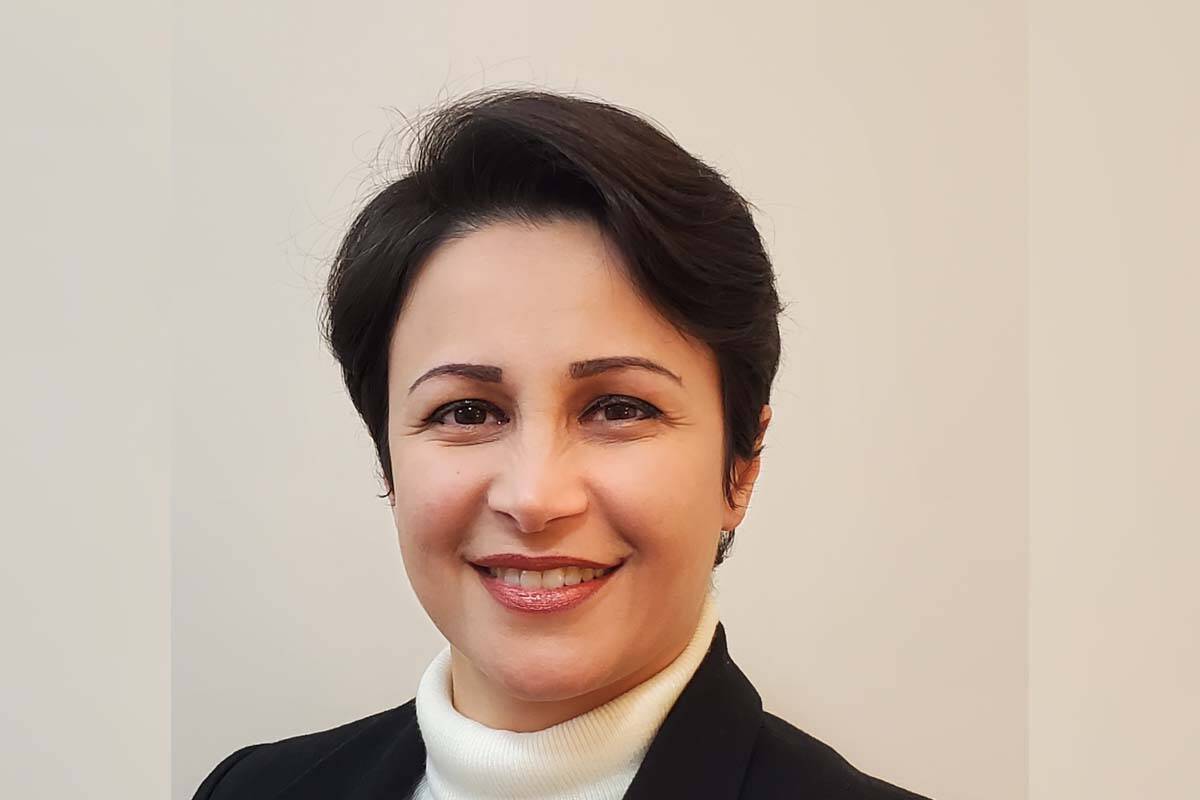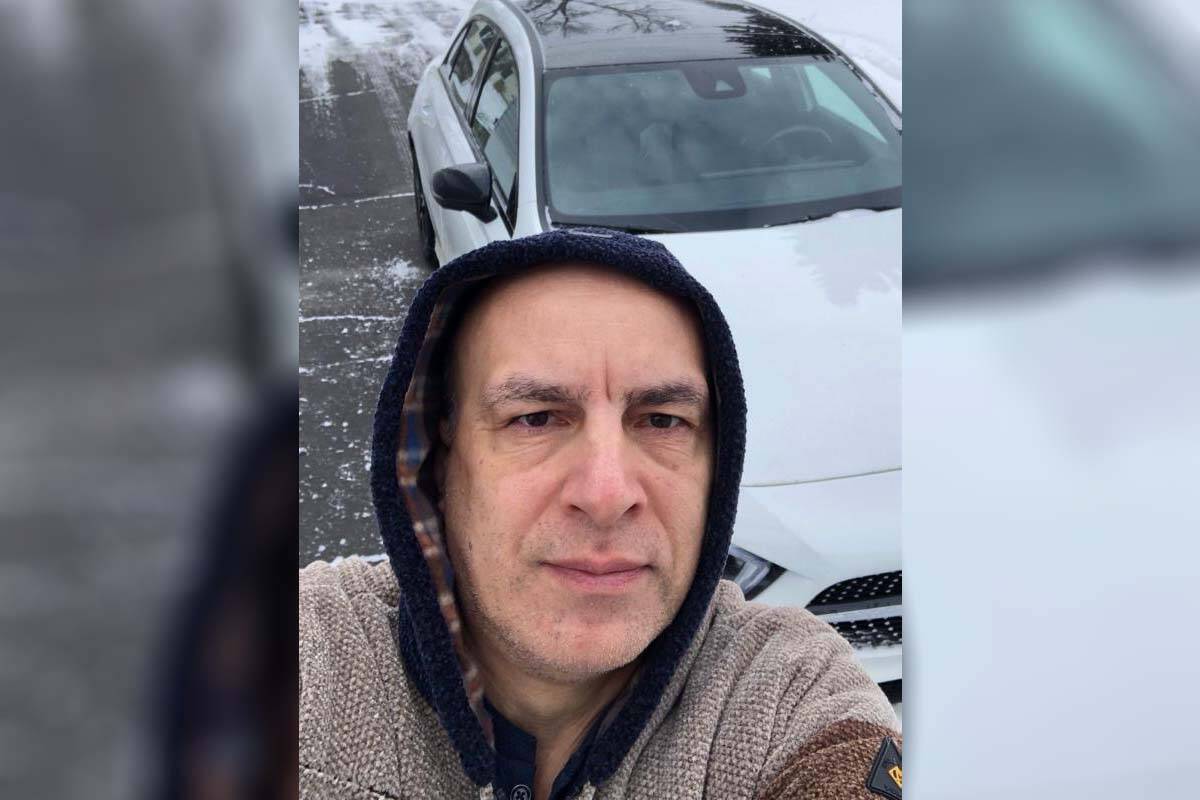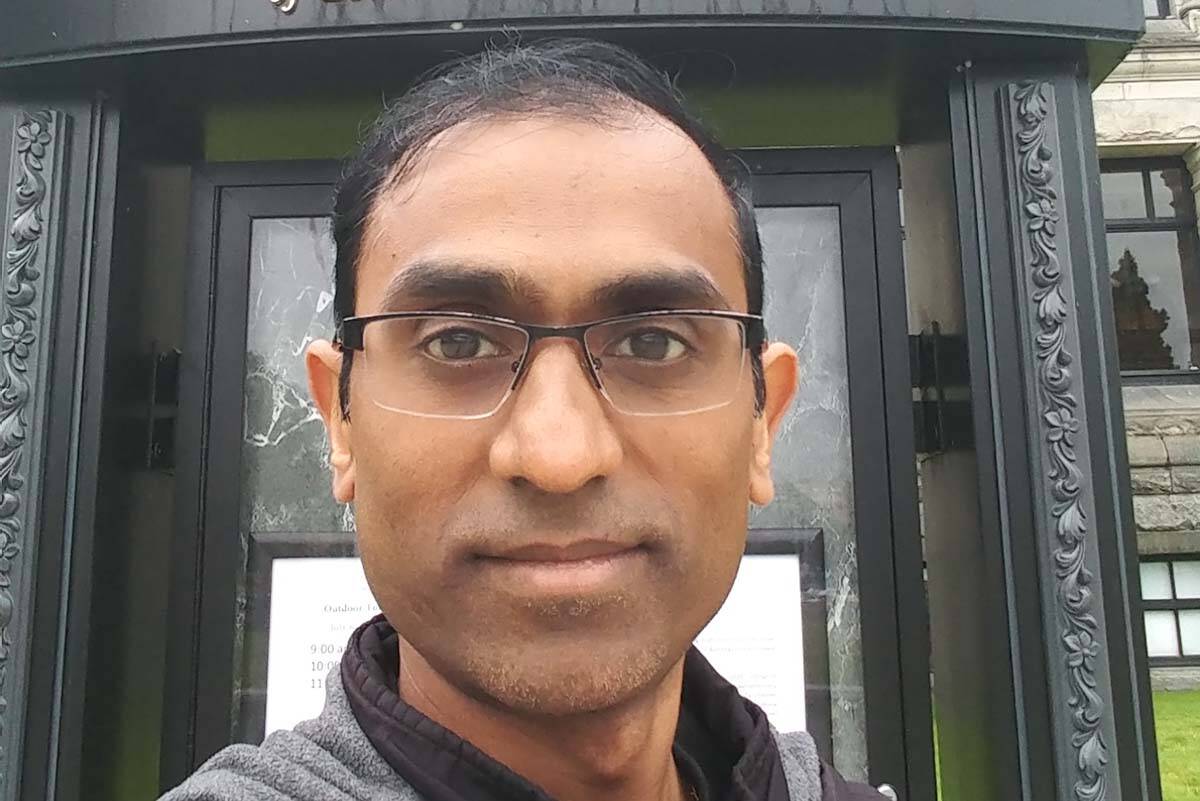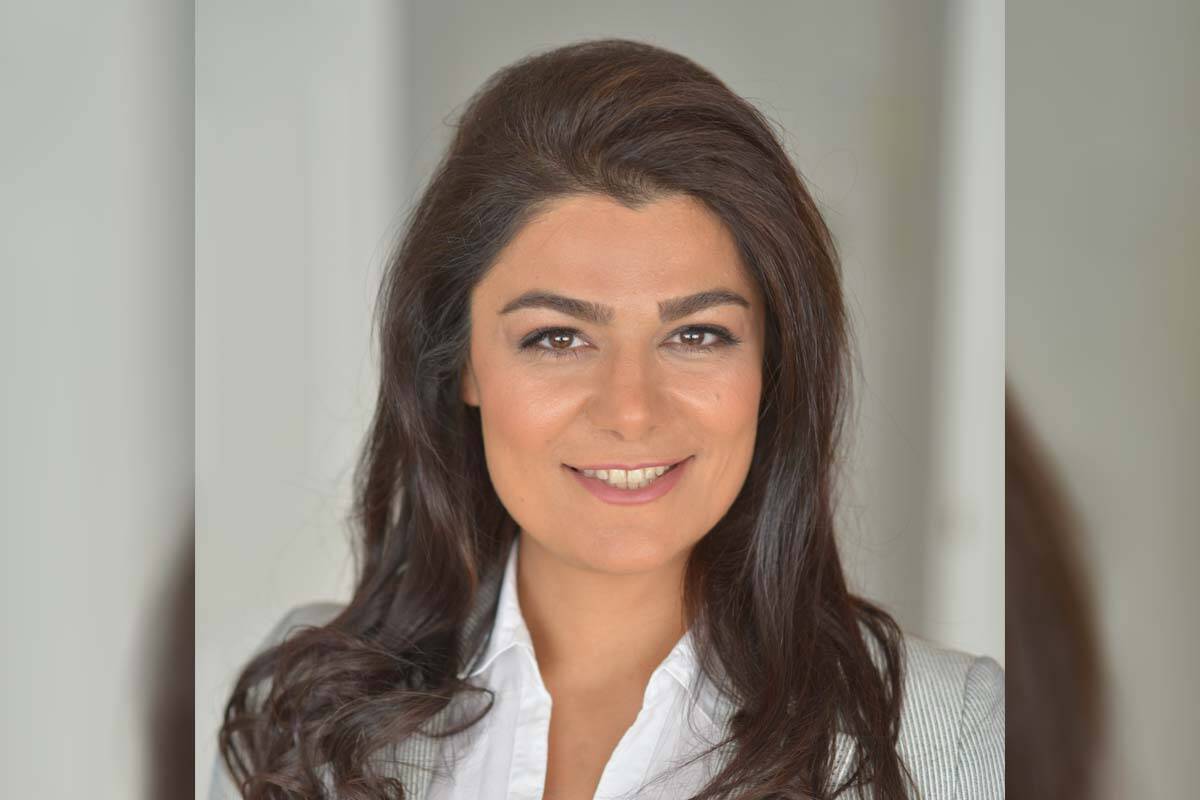Dr. Azadeh Shafiei loved living in Vancouver. She moved there from Iran in 2013 with the dream of using her decade of experience as a family physician to benefit a new community.
But after close to ten years of struggling to have B.C. recognize her medical credentials, she decided last summer to take her experience and move some place where she would be allowed to put it into practise: Saskatchewan.
It’s a decision Shafiei says more and more physicians from non-Western countries are making, because of B.C.’s particularly restrictive licensing qualifications and who they impact.
In Vancouver alone, Shafiei says she knows of more than 400 Iranian-trained family doctors, surgeons and gynecologists who can’t get licensed. At least four of those have recently made the move to Saskatchewan like Shafiei.
“You’re going to lose a lot of physicians.”
Other parts of Canada offer more inclusive options
The reason comes down to a difference in requirements between provinces’ Practice Ready Assessment programs – one of two pathways to licensure in Canada. Provinces such as Saskatchewan, Newfoundland and Manitoba allow applicants to have 12 to 18 months of post-graduate training, or a combination of training and independent practise.
B.C., on the other hand, demands at least 24 months of post-graduate training and doesn’t recognize any number of years of independent practise after the fact as an allowable substitute. The province has promised to triple the number of annual spots in its program from 32 to 96 by March 2024, but the extra seats are little help to doctors trained in countries such as India, Iran, Pakistan and Nigeria. There, medical school programs only provide them with 12 to 18 months of post-graduate training – not enough to meet B.C.’s standard.
Two decades of experience amounted to nothing in B.C.
For Dr. Reza Asgari and his wife, who asked not to be named, B.C.’s restrictions were enough to push them to Saskatchewan in 2021.
They originally moved from Iran to Vancouver in 2013, with close to two decades of medical experience each – Asgari as a family physician and his wife as an anesthesiologist – but just 18 months of post-graduate training. The two spent eight years fighting to have their expertise recognized.
“We didn’t know it would be so difficult. It was a tough period,” Asgari says.
He worked a series of entry-level pharmacy jobs to support his son and his wife while she studied and took Canada’s medical exams. But even after she had passed them all, she couldn’t get into B.C.’s system.
“It means nothing for them,” Asgari says.
READ ALSO: Military and university-trained physician assistants rejected by B.C.’s health system
‘I will never be good enough’
Upkar, whose name has been changed to protect her from possible workplace backlash, faced a similar struggle when she moved to Langford in 2010. She had worked for several years as a family physician in India, but like the Asgaris only had 18 months of post-graduate training.
“They would rather have people suffer and not see a physician than have them seen by what they consider a sub-optimal person or physician,” Upkar told Black Press Media in February. “What I hear after all these years of trying to get through this, is that no matter what I do, just because of my country of origin, my country of education, I will never be good enough.”
For doctors like Upkar and the Asgaris, the only path to getting licensed in B.C. is by securing a notoriously competitive residency seat at the University of British Columbia. Each year, the university accepts 362 medical school graduates, just 58 of which are allowed to be internationally trained. The federal government has promised up to an additional 88 seats in 2023, but all of them will go to Canadian-trained doctors, according to UBC.
After 12 years of trying to secure one of those coveted seats and taking various medical courses to stay up-to-date, Upkar says she’s now given up. She recently got her license to practise as a hospitalist in the U.K. but isn’t able to make another big move, due to family and a recent medical diagnosis.
“I think what B.C. has done is very focused and very narrow, and tries to fit everybody in one box. If you can’t fit in that box… you’re just thrown out,” she says now. “It’s painful. It’s actually painful.”
B.C. could be filling its doctor shortage
Neither the Ministry of Health nor the College of Physicians and Surgeons of B.C. could provide an estimate on the total number of internationally-trained doctors living in B.C. who aren’t fully licensed, but numerous people Black Press Media spoke with estimated numbers up to several thousand.
Relying on the physician to patient ratio laid out in B.C.’s new payment model – 1 to 1,250 – and Doctors of BC’s estimate that about one million British Columbians are without a family doctors, the province needs around 800 more to fill its shortage. In theory, that gap could quickly be filled.
Latest changes miss the mark
In a statement, the Ministry of Health said its trying to include more internationally-trained doctors through its new associate physician program, which Premier David Eby re-announced at the end of November. The program, which allows internationally-trained doctors to practise under supervision, presents its own host of problems and barriers, however.
Like the Practise Ready Assessment program, associate physician looking to work in acute care need at least 24 months of post-graduate training, as well as recent clinical work experience. So far, only community primary care centres will allow physicians with 12 months of training.
The larger issue, critics have been quick to point out, is that the program offers no pathway to full licensure. An associate physician could practise for two decades and never be allowed to work alone.
READ ALSO: Plan for associate physicians in British Columbia is stalled by pandemic
“How long will [physicians] be satisfied there?” Dr. Rajkumar Luke, a board member with the Association of International Medical Graduates of B.C., asks.
He questions why the province isn’t providing more practical pathways to full licensure for the trained doctors who are already living in B.C. and who are keen to give back to their communities.
“You already have a pool here. Help support them.”
A petition from the Canadian On Paper Society for Immigrant Physicians Equality to the province and College of Physicians and Surgeons is calling for just that. Started on Dec. 6, it asks that they consider lowering B.C.’s post-graduate training requirement. As of publication, it has over 500 signatures.
Dr. Honieh Barzegari, a long-time Vancouver-based advocate for internationally-trained doctors who has never had the chance to practise in B.C. herself, has a similar message for the province. She says it needs to be empowering physicians rather than limiting them.
“They live in the country, they pay taxes, they have families here, they contribute to society, and they need to feel that they belong here. We need to take bolder action.”
READ ALSO: Calls grow to streamline licensing for doctors as health-care systems struggle
For doctors like Shafiei and the Asgaris, the lack of that action is enough to drive them elsewhere.
“You can tell us we’re not fit for the program, but I’m pretty sure that most of the Iranian physicians can show the system they are. We did the qualification exams, the clinical exams, the knowledge exams. We did everything,” Shafiei says.
She and Asgari’s wife are now working under Saskatchewan’s Practise Ready Assessment program. They’ll be licensed in one year and have the option to practise elsewhere in Canada in three. Asgari says he and his wife may return to B.C. at that point, but Shafiei isn’t so sure.
“Right now, I cannot say 100 per cent that I’ll be back.”
Editor’s note: This story has been updated to reflect the fact that the associate physican program does allow some internationally-trained doctors with less than 24 months of post-graduate training to apply.
@janeskrypnek
jane.skrypnek@blackpress.ca
Like us on Facebook and follow us on Twitter.
